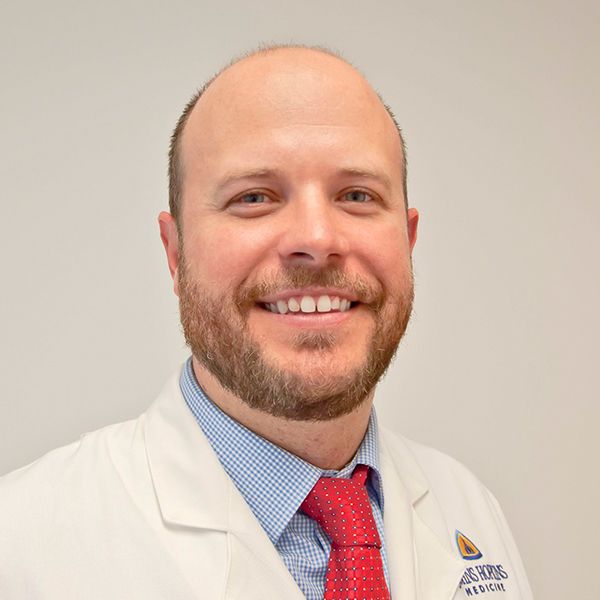2023 PCF Hamptons Coalition-PCF Challenge Award




Targeting Gut Bacterial Androgen Production to Reverse Therapeutic Resistance in Metastatic Prostate Cancer
Principal Investigators: Karen Sfanos, PhD (Johns Hopkins University), Cathy Marshall, MD, MPH (Johns Hopkins Medicine), Mark Markowski, MD, PhD (Johns Hopkins Medicine), Jason Ridlon, PhD (University of Illinois Urbana-Champaign), Young Investigator: Angélica Cruz-Lebrón, PhD (Johns Hopkins University)
Co-Investigators: Hao Wang, PhD (Johns Hopkins University), Isaac Cann, PhD (University of Illinois), Joseph Irudayaraj, PhD (University of Illinois)
Collaborators: Samuel Denmeade, MD (Johns Hopkins Medicine)
Description:
- The gut microbiome – the community of microorganisms that live in the intestines – can significantly impact host biology, including regulating metabolism and shaping the immune system.
- The team and others previously discovered that the gut microbiome can be an unforeseen source of androgens that may contribute to insensitivity to androgen receptor (AR)-targeted therapies in patients with progressive metastatic prostate cancer.
- In this project, Dr. Sfanos and team will investigate bacterial androgen metabolites, to determine their role in driving treatment resistance to AR-targeted therapy.
- The team previously found that a bacterial “desmolase” can create androgens from prednisone, a corticosteroid commonly given with abiraterone to help manage side-effects.
- The team is conducting a clinical trial to test whether patients progressing on abiraterone + prednisone can have a renewed response if prednisone is switched to dexamethasone. Additionally, this trial will test if patient outcomes are further improved if patients also receive an antibiotic that selectively kills the gut bacteria most likely to produce androgens.
- The team will also develop gut-targeted therapeutic strategies towards additional bacterial enzymes that can produce androgens (DesF and DesG), and test these in preclinical prostate cancer models.
- If successful, this project will result in new therapeutic strategies to extend the efficacy and prevent primary resistance to anti-androgen therapies in individuals with mCRPC.
What this means to patients: Dr. Sfanos and team have discovered that androgen metabolism by gut bacteria could interfere with the anti-androgen therapies given to treat metastatic castration resistant prostate cancer. In this project, the team will develop and test therapeutic strategies to prevent androgen production by gut bacteria, to prolong the clinical response to anti-androgen therapies.

